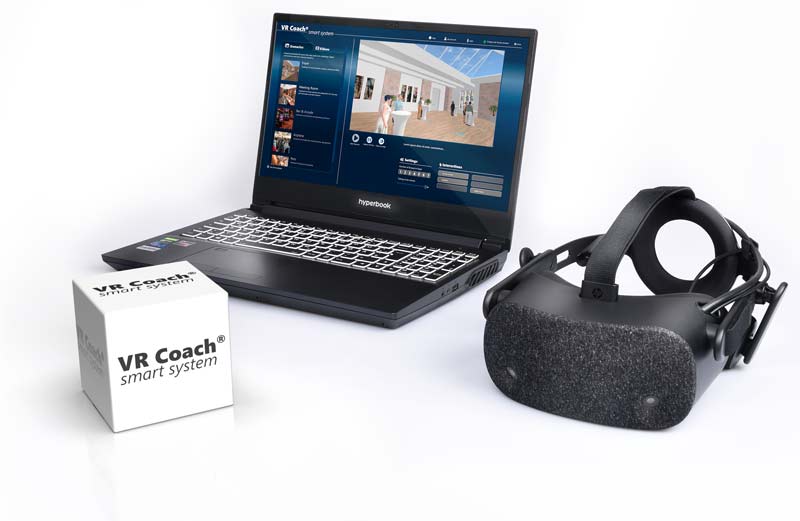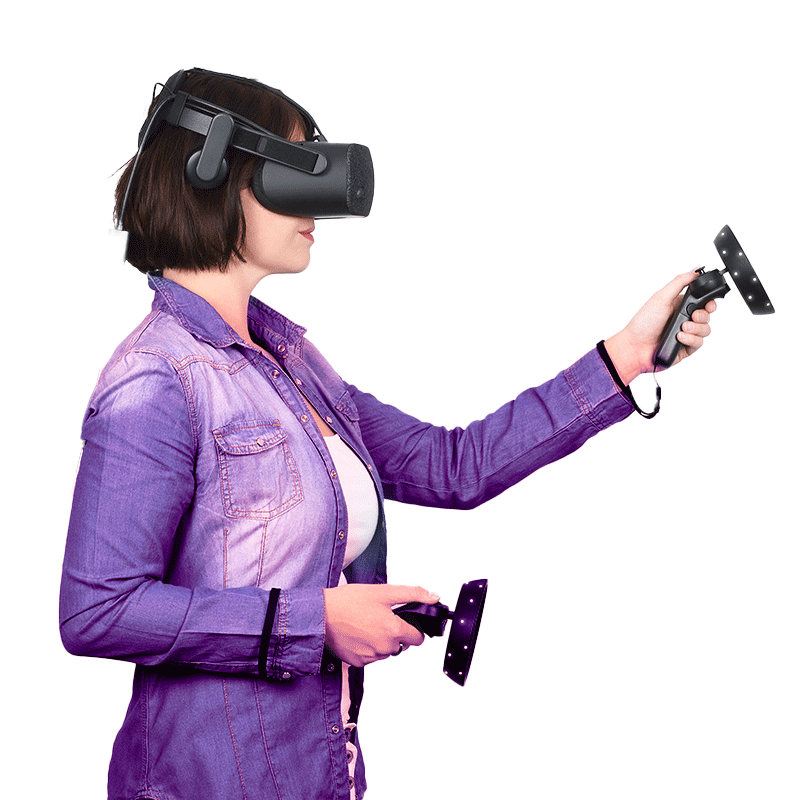Menu
Mindfulness And
Cognitive Bias Modification
In Depression
Exposure in VR glasses can also provide helpful support for depression.

Depression And The
VR Coach smart system
Unlike fears and addictions, here we do not provoke the problematic emotion, but instead focus on strengthening resources.
We have published a brief review with initial evidence on this approach.

You can also install this software on your smart system hardware

The depression software package is based on a completely new approach.
- Patients go on a journey of discovery in a park
- They can perform certain tasks of their own free will or under your guidance
- A camera is available that allows your patient to take on the role of a photographer
- These images are linked to resources and localized and expanded in the patient's body in a body affirmation
- Further exercises can be done with a rowing boat or collecting hidden objects
Therapeutic Goals

Reconditioning the distortion of reality outside

Create access to resources inside
In general, we see this application as helpful for the following indications:
- Mild and moderate depression
- As an add-on for severe depression
- But also for other topics where strengthening resources can be helpful
We will provide a recommended application protocol upon request.
Insights into the software
Click through some screenshots of the application here and get first impressions of the exercises through the image descriptions.
As a special surprise, you can print the patient's favorite picture on a photo printer.













